 W
WMajor-General Sir John Charles Ardagh, was an Anglo-Irish officer of the British Army, who served as a military engineer, surveyor, intelligence officer, and colonial administrator.
 W
WFriedrich Adam Julius von Bernhardi was a Prussian general and military historian. He was a best-selling author prior to World War I. A militarist, he is perhaps best known for his bellicose book Deutschland und der Nächste Krieg, printed in 1911. Describing war as a "divine business", he proposed that Germany should pursue an aggressive stance and ignore treaties.
 W
WGeneral Sir Arthur Borton was a British Army officer who became Governor of Malta.
 W
WRobert Brindle was an English prelate of the Roman Catholic Church. He served as the Bishop of Nottingham from 1901 to 1915.
 W
WGeneral Sir Duncan Alexander Cameron, was a British Army officer who fought in the Crimean War and part of the New Zealand Wars. He was later a governor of the Royal Military College, Sandhurst.
 W
WCemil Conk was a decorated officer of the Ottoman Army and a general of the Turkish Army. He received as surname the name of Conk Bayırı, where he successfully fought at the Battle of Chunuk Bair during World War I.
 W
WGeneral Sir Collingwood Dickson was a senior British Army officer and a recipient of the Victoria Cross, the highest award for gallantry in the face of the enemy that can be awarded to British and Commonwealth forces.
 W
WPrince William Augustus Edward of Saxe-Weimar-Eisenach, was a British military officer of German parents. After a career in the Grenadier Guards, he became Major General commanding the Brigade of Guards and General Officer Commanding the Home District in 1870, General Officer Commanding Southern District in October 1878 and Commander-in-Chief, Ireland in October 1885. He was promoted to field marshal in 1897 despite his career including no great military achievements.
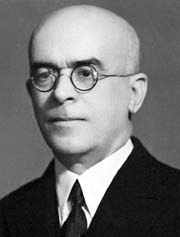 W
WSadullah Güney also known as Ali Sadullah Bey was an officer of the Ottoman Army and of the Turkish Army. General Director of the Seyr-i Sefain.
 W
WSir John Hall KCB was a British military surgeon.
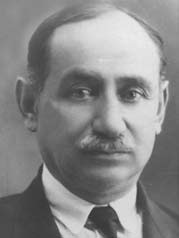 W
WRüştü Pasha or Rushdi Pasha was an officer of the Ottoman Army and a general of the Turkish Army. He became a leader of the Progressive Republican Party, being a member of its Central Administrative Committee. He was hanged for his involvement in the İzmir assassination attempt against Mustafa Kemal (Atatürk) in 1926.
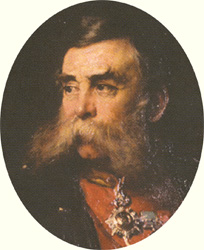 W
WField Marshal Sir John Lintorn Arabin Simmons was a British Army officer. Early in his career he served as Inspector of Railways, Secretary of the Railways Commission and then Secretary of the Railway Department under the Board of Trade. He went on to be British Commissioner with the Turkish Army providing advice to General Omar Pasha during the Crimean War. He assisted the Turks at the defence of Silistra and then led them at the Battle of Giurgevo before landing with them at the Battle of Eupatoria and remaining with them for the Siege of Sevastopol. After that he became British Consul in Warsaw, Commander, Royal Engineers at Aldershot and then Director of the Royal Engineer Establishment in Chatham. He went on to be Lieutenant-Governor of the Royal Military Academy and subsequently Governor of the Academy. His last appointments were as Colonel Commandant of the Royal Engineers, as Inspector General of Fortifications and then as Governor of Malta.
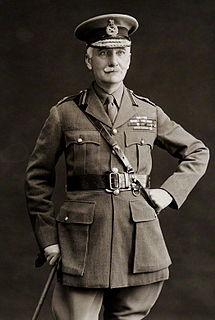 W
WLieutenant-General Sir Arthur Thomas Sloggett, was a doctor and British Army officer. He served as Director General Army Medical Services in 1914 and Director-General of the Medical Services of the British Armies in the Field during First World War.
 W
WGeneral Sir Charles Warren, was an officer in the British Royal Engineers. He was one of the earliest European archaeologists of the Biblical Holy Land, and particularly of the Temple Mount. Much of his military service was spent in British South Africa. Previously he was police chief, the head of the London Metropolitan Police, from 1886 to 1888 during the Jack the Ripper murders. His command in combat during the Second Boer War was criticised, but he achieved considerable success during his long life in his military and civil posts.
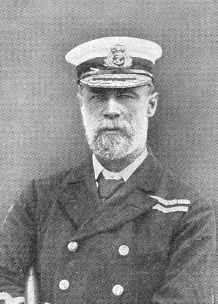 W
WAdmiral of the Fleet Sir Arthur Knyvet Wilson, 3rd Baronet was a Royal Navy officer. He served in the Anglo-Egyptian War and then the Mahdist War being awarded the Victoria Cross during the Battle of El Teb in February 1884. He went on to command a battleship, the torpedo school HMS Vernon and then another battleship before taking charge of the Experimental Torpedo Squadron. He later commanded the Channel Fleet. He briefly served as First Sea Lord but in that role he "was abrasive, inarticulate, and autocratic" and was really only selected as Admiral Fisher's successor because he was a supporter of Fisher's reforms. Wilson survived for even less time than was intended by the stop-gap nature of his appointment because of his opposition to the establishment of a Naval Staff. Appointed an advisor at the start of World War I, he advocated offensive schemes in the North Sea including the capture of Heligoland and was an early proponent of the development and use of submarines in the Royal Navy.
 W
WGeneral Sir Arthur Singleton Wynne, was a senior British Army officer who served as Military Secretary.